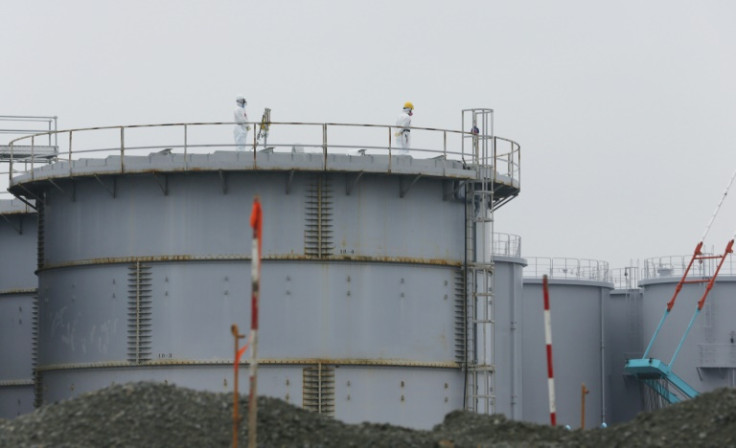Two Workers At Fukushima Plant Hospitalised After Coming In Contact With Radioactive Water
Japan began releasing treated radioactive waste water from the damaged nuclear plant into the sea in August of this year.

Two workers at the Fukushima nuclear plant were taken to the hospital after getting accidentally sprayed with water containing radioactive materials on Wednesday.
The incident took place while four workers were cleaning the piping at the Fukushima Daiichi nuclear power plant. They were cleaning the pipes at the ALPS system filtering wastewater when a drainage hose came off and some of the water got sprayed on them.
Both workers are safe, and none of the tests carried out at the hospital showed that they had ingested radioactive particles, per a report in The Guardian.
Japan began releasing treated radioactive waste water from the damaged nuclear plant into the sea in August of this year.
It will be released over a period of 30 years after being filtered. However, work on the site of the nuclear disaster has been slow, particularly dealing with radioactive water.
Fukushima's nuclear power plant suffered a huge radiation leak after a massive earthquake and tsunami struck the area in March 2011. The disaster also killed more than 19,000 people across Japan and caused an estimated 16.9 trillion yen (£121 billion) in damages. More than 160,000 people were evacuated from towns around the nuclear plant.
The tsunami knocked the plant's cooling systems out, leaving some of its reactors in meltdown in the worst nuclear accident since the 1986 Chornobyl disaster.
The 10-metre (33-foot) tsunami smashed into the power plant on the Fukushima coastline, triggering a meltdown and forcing nearby towns to evacuate. The leaks contaminated the surrounding land, air, and water and forced tens of thousands of workers and residents to flee, leading to a major cleanup in the area that lasted years.
Around 1.34 million tonnes of contaminated water had accumulated after the disaster. The authorities had been storing the contaminated water in tanks before they decided to release it into the sea.
It also needs to be noted that it is not easy to completely remove radioactive materials such as tritium and carbon-14, radioactive isotopes of hydrogen and carbon, from the wastewater. However, experts claim that there is no real danger, as low levels of exposure to radiation cannot cause harm.
The International Atomic Energy Agency (IAEA) has supported the release, saying that it is similar to what is done when disposing of waste water from nuclear plants located in other countries.
© Copyright IBTimes 2025. All rights reserved.






















